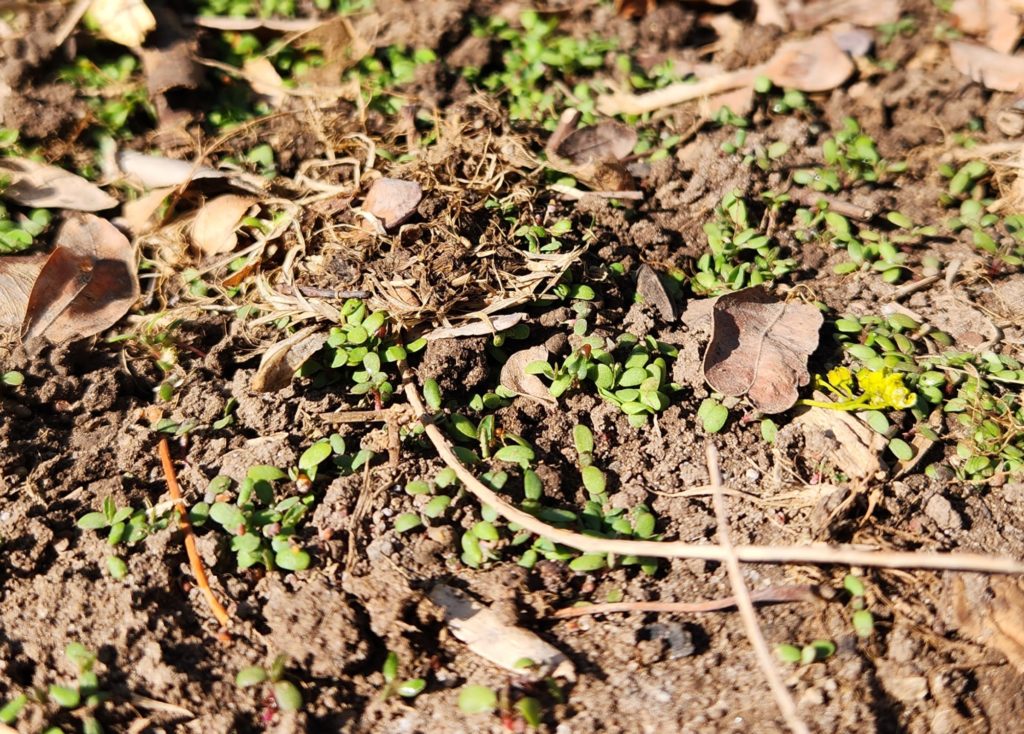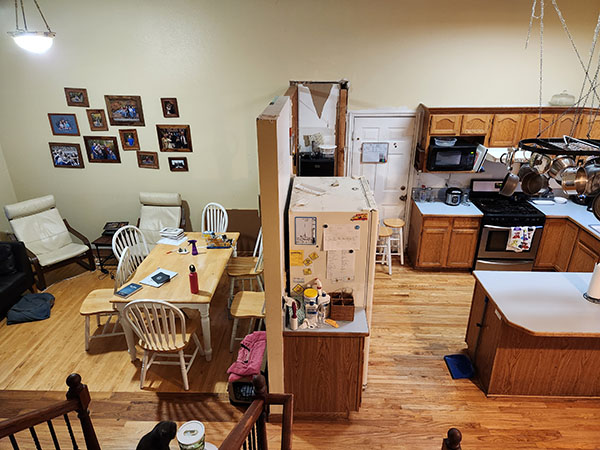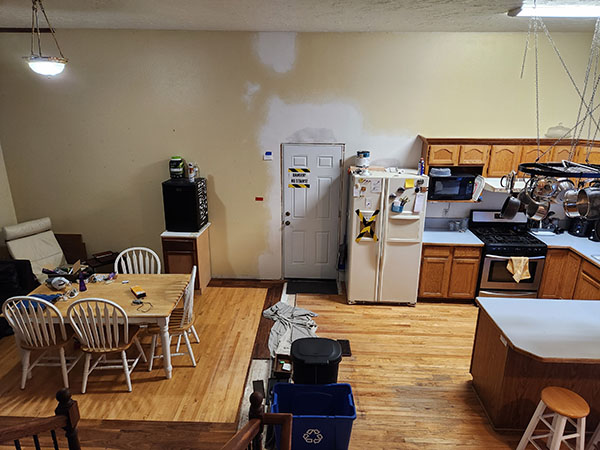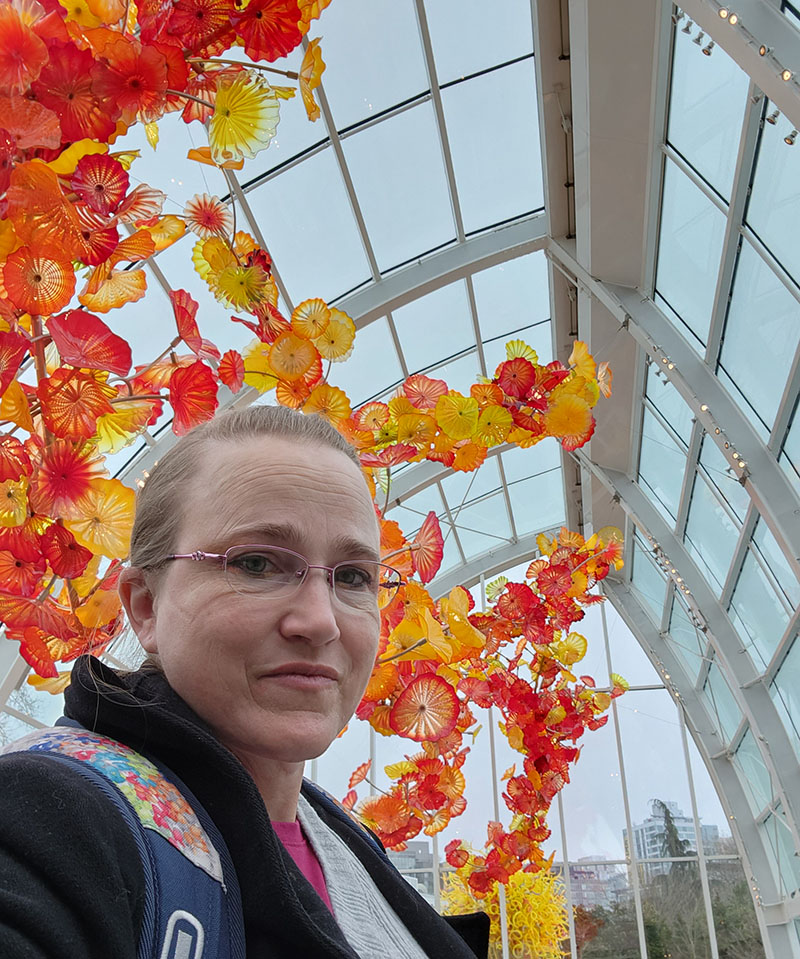The morning after the event that I spent six months planning, I woke up without a list. I lay awake in bed probing the lack of urgency to pull me from it. It was a stark contrast to how I’d regimented my life in tasks, alarms, and calendar reminders. I entered the day through that void and mushily thought my way through a formless mass of memory and experience that needed processing. I needed to unpack it all. And possibly also unpack my suitcase, and begin picking up the pieces of house tasks that were neglected on the run up to the events.
The second day after the event I slept late on purpose. I woke early and chose to dive back into sleep. I chose that again in the middle of the day when I took a two hour nap, my body choosing hibernation as a coping strategy for stress recovery. I did do some necessary tasks, orienting myself back into a post-event life. I began to form lists for post-event tasks. I wrote a page of highlights, fragmented sentences to catch moments, threads which I could pull on later to remind myself of the myriad of joyful stories. The events succeeded in all of the important and emotional ways. I saw my tasks through all the way to making sure that the last guest was able to board her much delayed plane on the day after the event. I also began making notes for next year, because there were gaps and moments which were managed and fine, but which next time I would like to run more smoothly.
The third day after the event (today) I rolled out of bed on my usual schedule and clocked in to begin answering email. My admin brain is still tired, but there are things to finish and I must start doing them. So we collect data and receipts and answer questions and begin talking about what is next. And I take time for a massage where the therapist’s experienced hands convince the muscles of my back to let go of all the emails, lists, charts, and decisions that have been stored in knotted muscles. I walk in my garden and toss clover seed onto the lawn I’m trying to replace with clover because the day is gloriously sunny and pleasantly warm for the first time in months. Then I return to my computer. I want to describe my events, share the joy of them. But apparently I must first describe and share the experience of recovery. Somehow this meandering description fits my weary brain while wrapping words around the events themselves feels harder.
Yet they sit in my brain, all those highlights glinting and tinging off each other like a crystal chandelier in sunlight, casting rainbows across my mind. I just need to find the words which allow me to display the unique beauty of each moment, because this chandelier is not made of identical crystals, more like crystal snowflakes, each one unique and worthy of admiration. Even the flawed ones.
I remember a conversation sometime during the Gala where the other person was describing a feeling of triumph, that I did not (in that moment) share. I was still making sure pieces were in place. I was doing work which was essential to the smooth function of moving large groups of people from reception to banquet tables and getting them all fed. I did the work well, and I am glad that I did it well, but I was always aware that my well-done work could have been done well by a number of other people had they been given the tasks. There was satisfaction in being part of a team that carried off the event. There was a lack of anxiety because any failure of mine was likely to be caught and compensated for by the work of others. My triumphs, my crystal moments were not in the events as a whole, they were tiny individual things enmeshed in the events.
It was seeing teenagers in their prom dresses and cosplay on the gala night being so delighted at coming to a fancy gala event that was designed to celebrate words and books, things that they love.
It was the moment when our Gala MC had the teenage poets and short story writers stand and I realized that nearly half the room was full of these fledgeling writers who are going to soar.
It was seeing the faces of guest authors on TABC morning as they saw how many writer teens we had gathered. And the joy on all the faces as we participated in a book dash to give every teenager a book to keep.
It was the opening skit of TABC which was exactly the right amount of cheesy to let the teenagers know that it is okay to be silly and joyful. And then having that mirrored in the closing skit where the audience participated in defeating the villain by shouting “My story matters!” which we all knew for silly theater, but which also has an impact and lingers in the hearts and minds of everyone who was in that room.
It was the quiet girl I watched out of the corner of my eye all through that closing ceremony because she was at a table by herself and I wondered if I needed to make sure she was okay. But the corners of her mouth tugged up at the jokes, and she drumrolled with everyone. And she shouted too. Sitting by herself because that was how she was most comfortable, but not lonely, and not alone. She had found her tribe and place of belonging even if she hadn’t talked to many people all day long. I hold that girl in my head. Her story matters and I hope that by telling it she learns to sit up straight and take space instead of trying to be as unobtrusive as possible.
These are a few of my crystals. Moments I feel honored to have witnessed, but which I do not claim as my triumphs. I can’t take credit for them, no matter how many hours of work I put it. It is a shared magic that requires the sharing to exist at all. I am not triumphant, I am honored and awed. And pleased. And tired. And aware that the ground work for next year’s round of magic begins with the emails I need to find enough brain for in the rest of this week.



